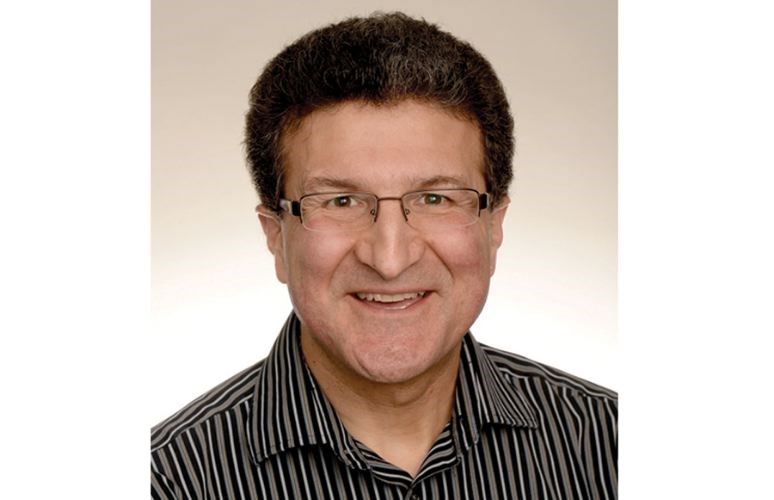A student of mine recently quoted John Rabe in a presentation: "If you can do some good, why hesitate?"
Studies show that those who are happiest and most satisfied in life are indeed those who do good for others.
The random acts of kindness we perform for one another also have a tendency to have a ripple effect, where those who benefited from our acts will go on and do something kind for someone else. They also have an odd way of finding their way back to us.
What is extraordinary about Rabe's quote, however, is its context.
The Nanking Massacre (also known as the Rape of Nanjing) took place from December of 1937 until January 1938.
Japanese Imperial troops killed an estimated 300,000 people in this Chinese city.
The massacre remains a point of contention in Japan's relations with China and other countries to this day.
Though most foreigners fled the city as the Japanese approached, a group remained and formed the International Committee for the Nanking Safety Zone. They named Rabe, a businessman working in the city, as its leader.
Rabe was chosen because he was a German citizen and a member of the Nazi party, and Germany was Japan's ally. It was hoped that he could use his influence to protect innocents.
This is indeed what happened.
Though there were numerous Japanese violations of the Safety Zone, it is estimated that Rabe and his committee saved between 200,000 and 250,000 lives.
It is not surprising that Rabe's efforts to draw attention to Japanese war crimes were largely ignored by his government in Berlin. In fact, after he returned home and spoke about what he had witnessed, Rabe was detained by the Gestapo.
Though he was released, he was forbidden from lecturing further on the subject.
After the war, Rabe was again arrested, this time for having been a member of the Nazi party. After he was released, he and his family lived in poverty, as many did after the war.
What is interesting is that when word of this got out, a large sum of money was raised and delivered to Rabe personally by the mayor of Nanking.
The people of Nanking then continued to support Rabe and his family for several years.
Truth has a strange way of always coming to the surface, and we are all held responsible for our actions in some way, shape or form.
While the Japanese soldiers who committed these atrocities were trying to hide their crimes, Rabe was experiencing the kindness and gratitude of the people of Nanking.
Rabe died in 1950 and was buried in Berlin, but in 1997 his tombstone was moved to Nanking. Today there is a museum at his former residence.
The Good Man of Nanking was written to tell Rabe's story, and several films have also been made.
In studying history, it is very important to honour those who do the right thing so that we can follow their example.
If Rabe chose to do good in the face of danger, why would any of us hesitate to perform the smallest act of kindness for others in our day to day lives?



